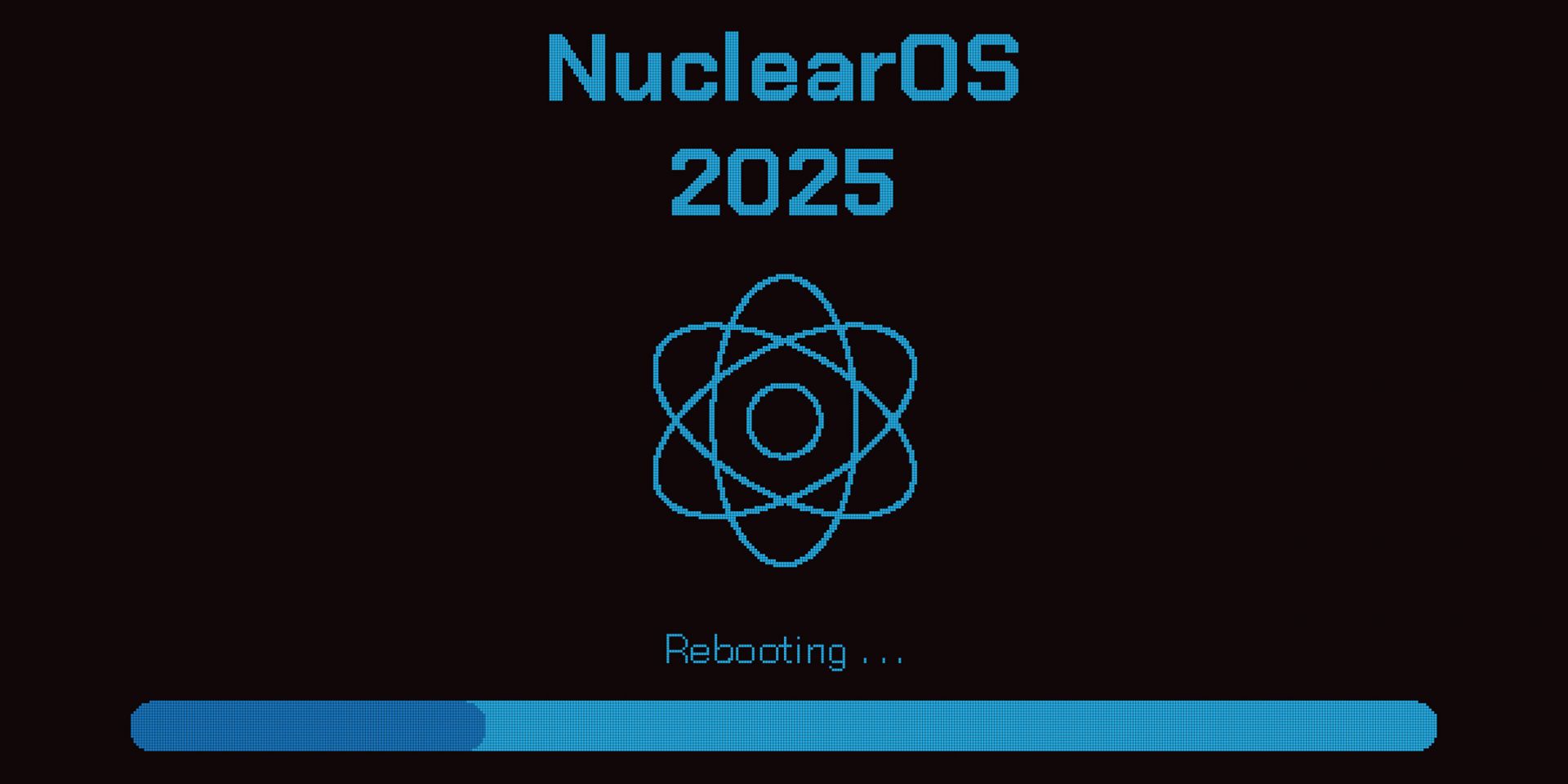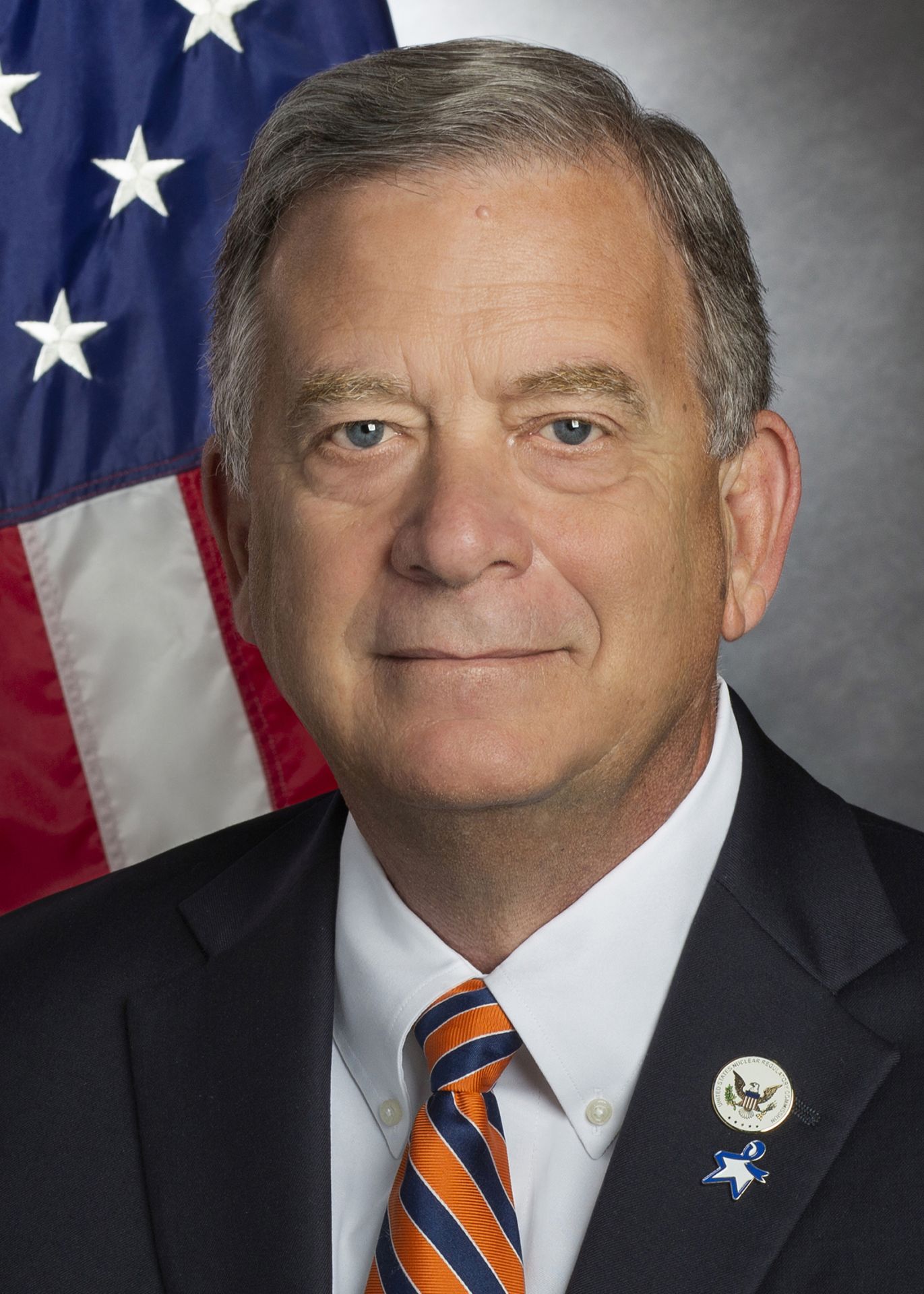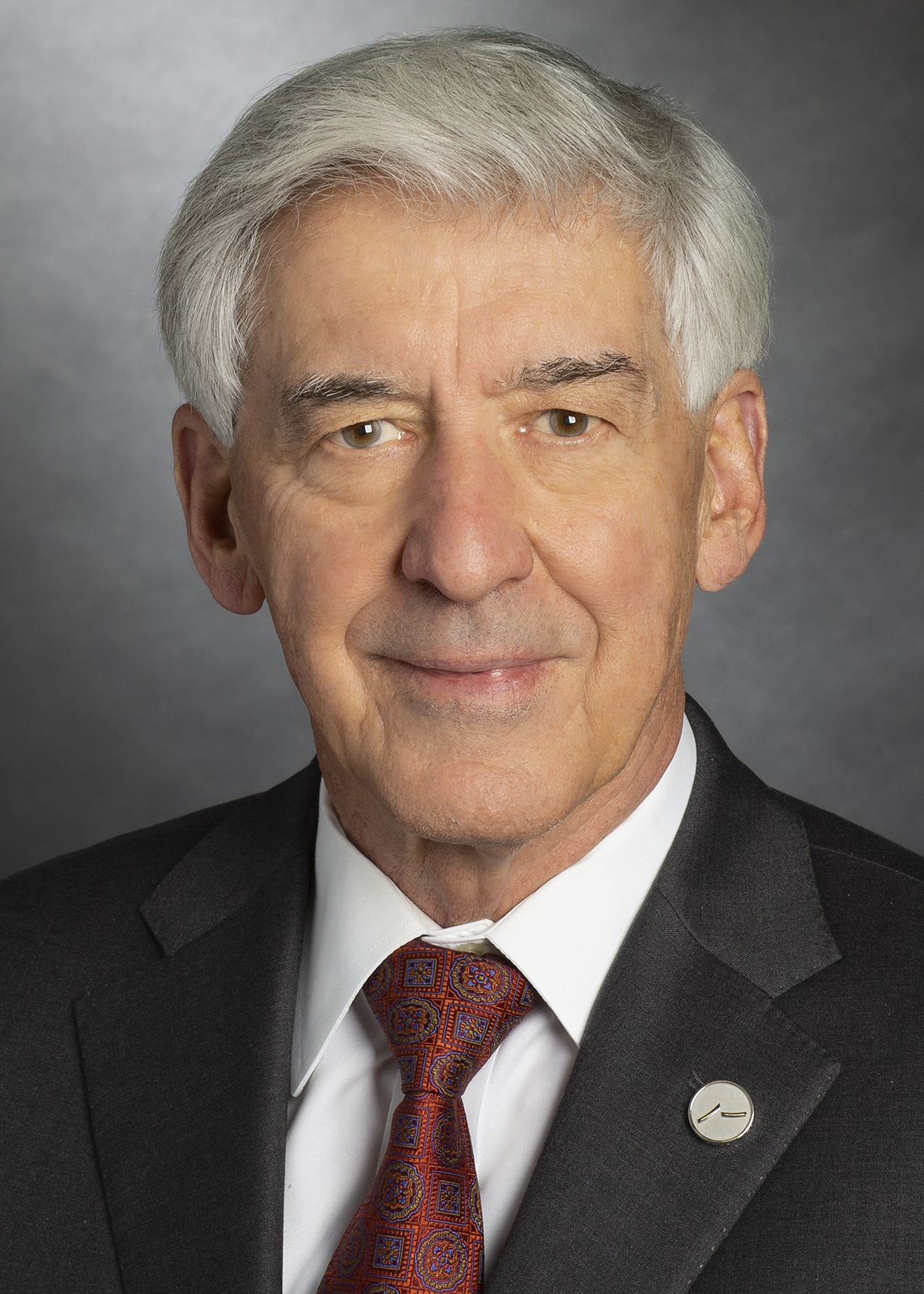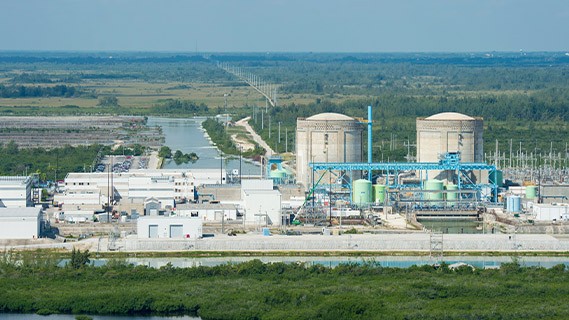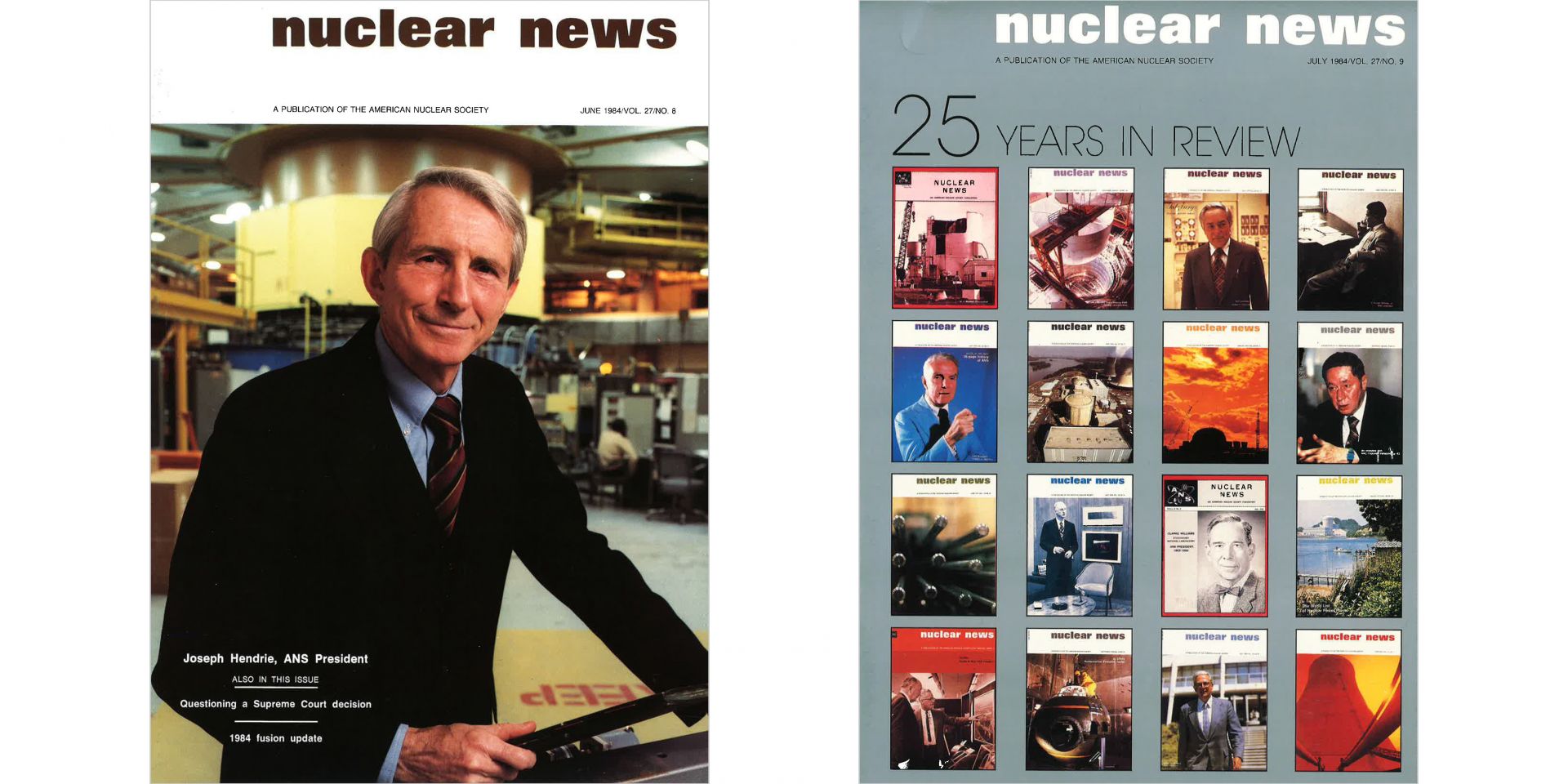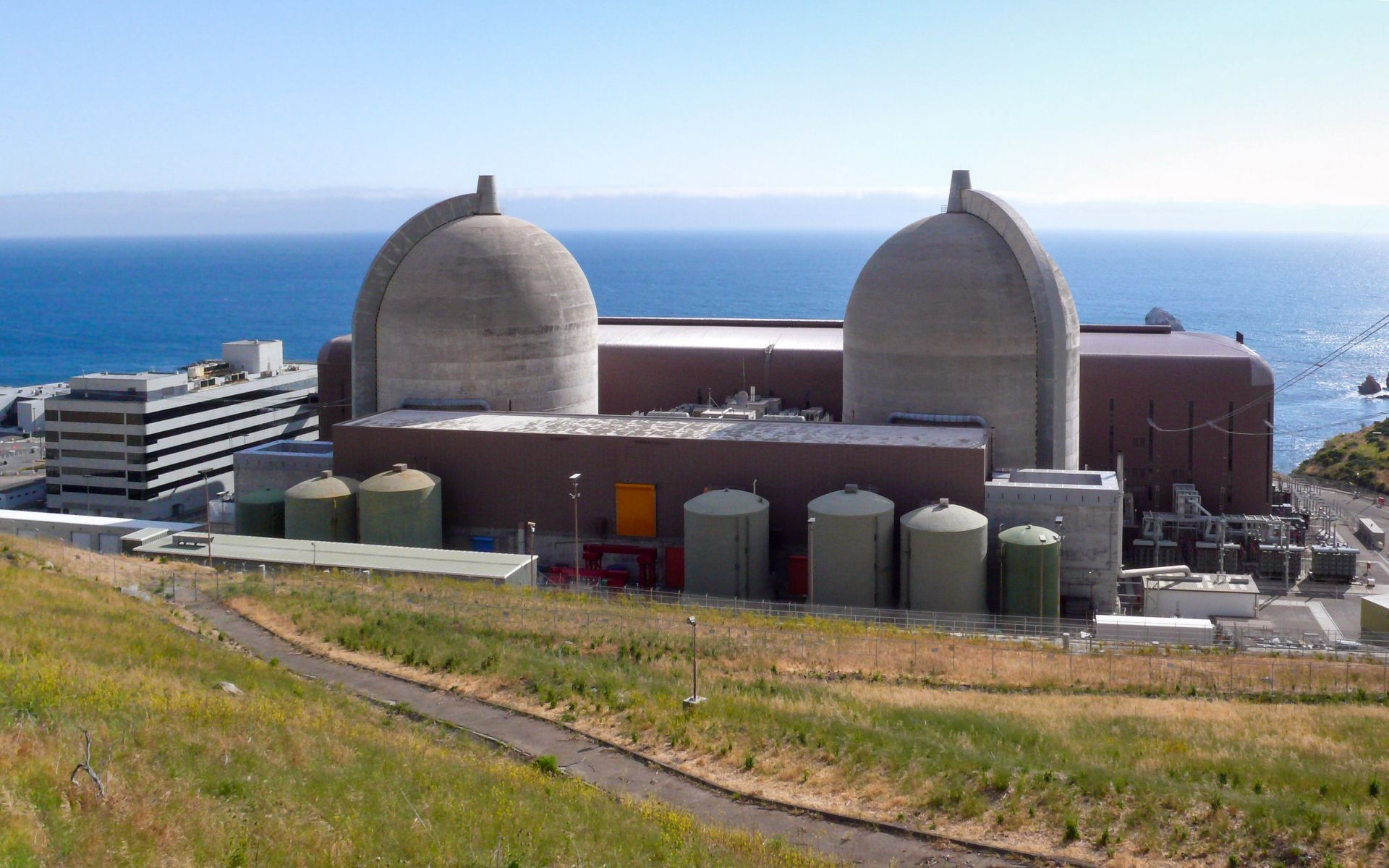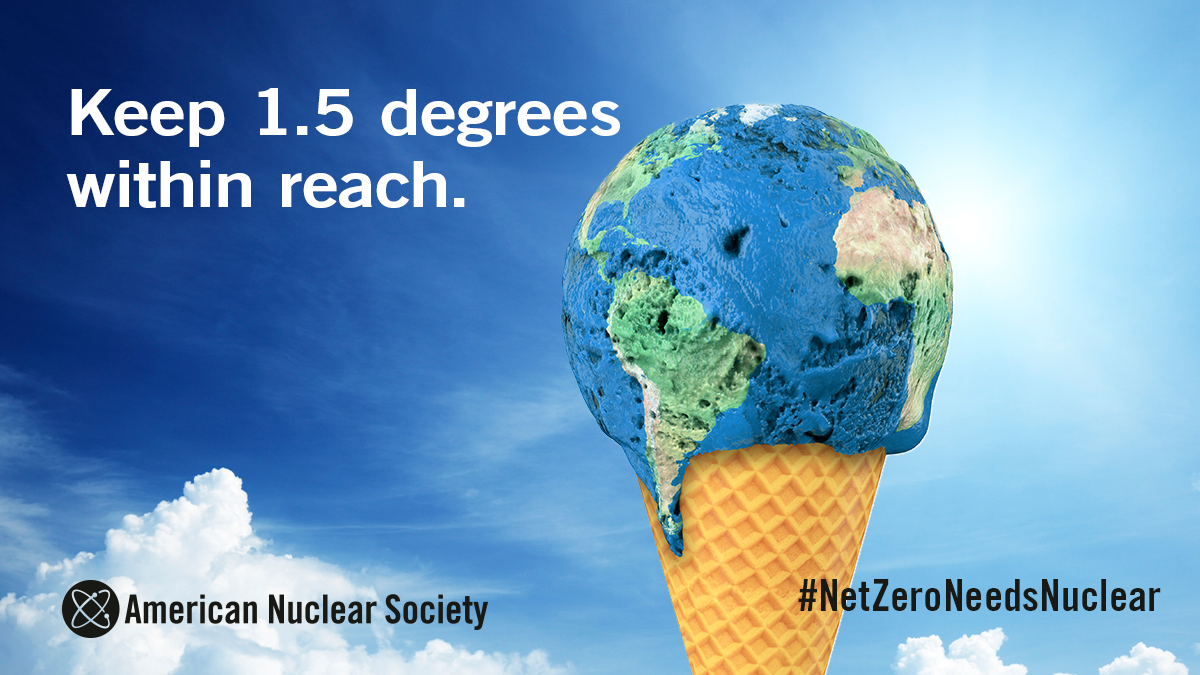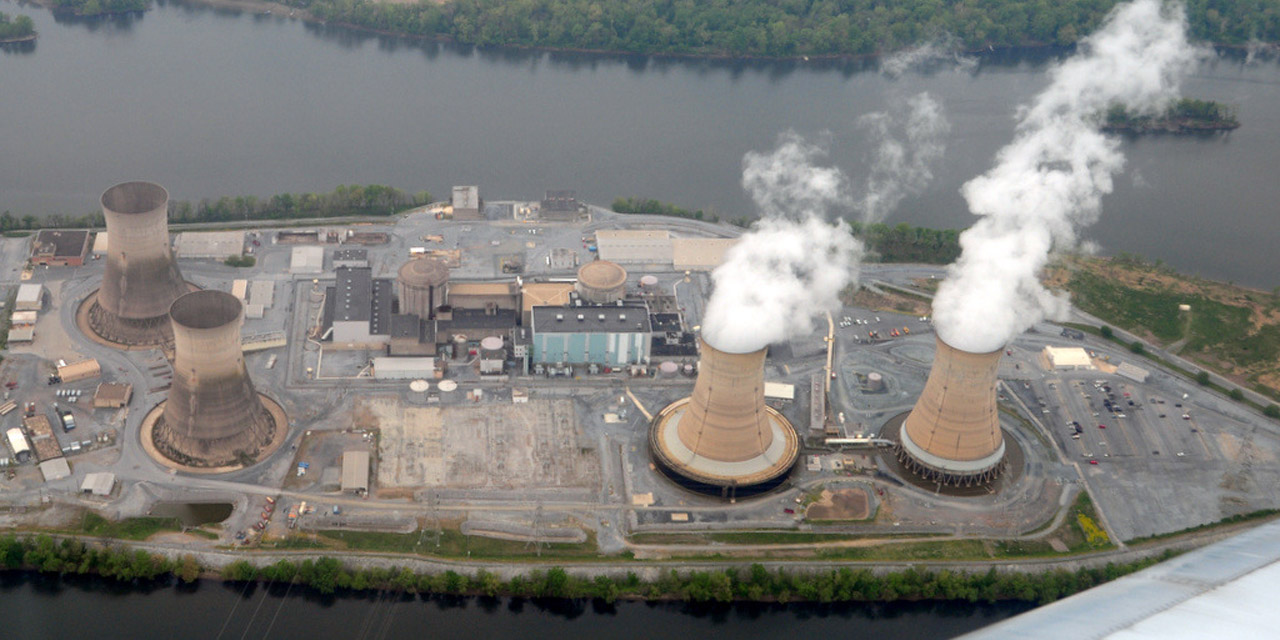Turkey Point nuclear power plant. (Photo: FPL)
The Nuclear Regulatory Commission announced this week that it has restored the expiration dates of Turkey Point nuclear power plant's Units 3 and 4 subsequent license renewals (SLRs) to July 19, 2052, and April 10, 2053, respectively.
Dresden nuclear power plant. (Photo: Constellation Energy)
The Nuclear Regulatory Commission is hosting several public meetings this month to discuss the Dresden nuclear power plant and its request for subsequent license renewal.
Since 1957, the Advisory Committee on Reactor Safeguards has had a continuing statutory responsibility for providing independent reviews of, and advising on, the safety of proposed or existing reactor facilities and the adequacy of proposed reactor safety standards in the United States.
The 1957 amendment to the Atomic Energy Act of 1954 established the Advisory Committee On Reactor Safeguards as a statutory committee with an independent advisory role and the responsibility to “review safety studies and facility license applications” and advise the U.S. Atomic Energy Commission “with regard to the hazards of proposed or existing reactor facilities and the adequacy of reactor safety standards.” With the enactment of the Energy Reorganization Act of 1974, the ACRS was assigned to the newly established Nuclear Regulatory Commission with its statutory requirements intact.
February 17, 2023, 3:03PMRadwaste SolutionsPeter Swift, Michael Apted, Lake Barrett, John Kessler, and Steven Nesbit An electric continuous miner machine cuts out a waste-emplacement panel at the Waste Isolation Pilot Plant salt repository in New Mexico. (Photo: DOE)
Used nuclear fuel and high-level radioactive wastes are by-products of nuclear energy production and other applications of nuclear technology, and the consensus approach to disposing of those wastes safely is to encapsulate them and emplace them in stable geologic formations (geologic repositories) where they will be isolated from people and the environment for very long periods of time. The federal government has established environmental standards for waste isolation that any proposed geologic repository must meet.
In July 2021, the American Nuclear Society established a special committee to consider possibilities for revised generic environmental standards for disposal of spent nuclear fuel and high-level radioactive waste in the United States. The committee developed a number of recommendations, which are contained in a draft report that was to be issued in February for review and comment by stakeholders. The draft report can be found on the ANS website, at ans.org/policy/repositorystandard/.
The committee’s draft recommendations are based on two underlying assumptions. First, that the relevant legislative framework for regulation defined in the Nuclear Waste Policy Act (NWPA) remains unchanged. Specifically, it is assumed that the Environmental Protection Agency will be charged with promulgating environmental standards for disposal and that the Nuclear Regulatory Commission will be charged with reviewing applications for disposal facilities using licensing requirements and criteria consistent with the EPA standards. Second, that existing generic disposal standards will be updated or replaced.
Comments due April 14 for draft report aimed at revisiting EPA regulations
LA GRANGE PARK, Illinois – Today, the American Nuclear Society (ANS) released draft recommendations on updating public health and safety standards for the permanent disposal of commercial used nuclear fuel and high-level radioactive waste at future geological repository projects in the United States. The draft report provides a recommended framework for revisiting U.S. Environmental Protection Agency (EPA) geologic repository standards.
The accident at Three Mile Island revealed many areas for improvement in the safety of nuclear power that have been addressed continuously in the past 40 years.
Part one of this article, published in the May 2019 issue of Nuclear News[1] and last Friday on Nuclear Newswire, presented insights from the 1979 accident at Three Mile Island-2 and addressed several issues raised by a previous Nuclear News piece on the accident[2]. Part two discusses safety improvements that have been made by both the industry and the Nuclear Regulatory Commission over the past 40 years.


